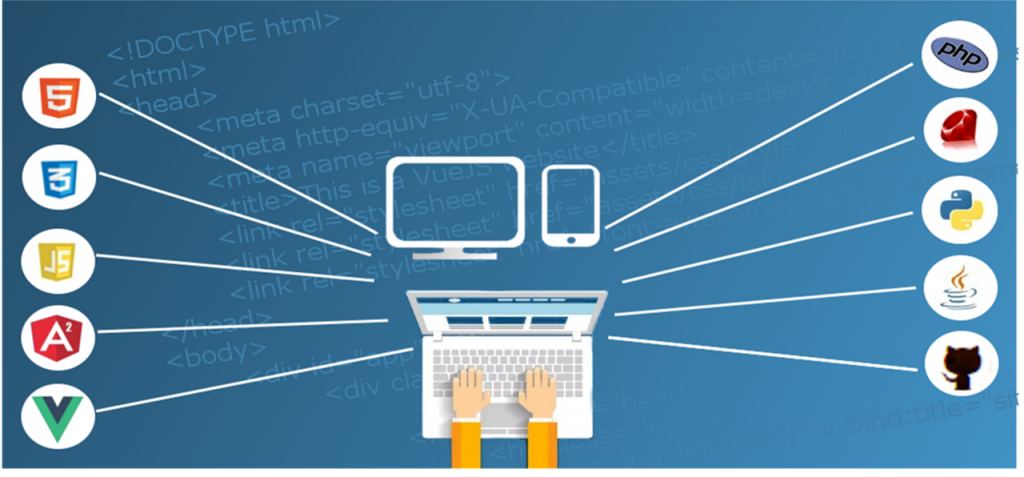Are you planning to move your real estate business online? Would you like to build a website that represents your unique business? If yes, it is important to learn the crucial features required in web design for real estate agents.

The internet technology has revolutionized every industry. In real estate, the traditional targeting techniques don’t work anymore as most potential buyers are online.
According to a report by the National Realtors Association (NAR), 90% of people use the internet to begin their home search. The same report shows a 253% growth in real estate related searches over the last four years.
These numbers highlight the importance of a real estate website to find clients online. Your company’s online presence also builds your brand’s reputation. With a website, you also have multiple marketing channels for your property listing, including video, social media, content marketing, among others.
It all starts with good website design. This guide explores the crucial features to look for in real estate-specific web design.
What to Look For in Web Design For Real Estate Agents
To get the best out of your real estate website, make sure you integrate the following crucial features:
- Responsive Web Design
Mobile internet traffic surpassed desktop traffic in 2016. Your real estate website must thus accommodate all internet devices. This is where responsive web design comes into play. It is a web design technique that ensures your website displays the same way on all devices.
- SEO (Search Engine Optimization)
You need a search engine optimization (SEO) strategy for your website. This starts with web design. Choose a search-friendly website platform such as WordPress, link properly, and use easy-to-index content, among other features.
These features not only boost traffic levels but also increase the conversion rate. Learn more about SEO and web design here.
- Social Media Integration
Your website’s design must integrate social media to help you target this active market. You should create easy-to-share content and provide sharing buttons on every page.
Integrating social media boosts your brand’s visibility on social media and also drives traffic to your site.
- Clear and Flawless Navigation
Google has emphasized the importance of great user experience. You can achieve this through clear site navigation.
List a few items, use descriptive page titles, place crucial links in conspicuous positions, and leverage internal linking.
You should also have a powerful search tool and filters to deliver quick, filtered, and relevant results.
- Converting Landing Page
When visitors come to your site, you have a great opportunity to convert. You can do this through a clear-call-to-action (CTA), amazing offers, narrowing down on a few listings, offering value, neat layout, and offering social proof.
Using these techniques helps to covert using a landing page.
- IDX Integration
If you are in the real estate business, IDX comes handy. This policy allows the sharing of property listing data across real estate websites.
It is crucial for capturing leads, sending emails to leads, and saving property searched. Functional IDX integration is thus crucial for your real estate website.
- Detailed Listing
Without great property listings, your real estate website cannot covert. Your site visitors are potential leads, and they need to find as many property options as possible. These listings should have all the relevant details in their description.
Final Thoughts
Other important features in web design for real estate agents include blogging ability, lead capture management, map search, SMS tools, owner’s info, and great videos/ images.
All these features help you tap into the growing online market. They also increase your real estate’s brand’s visibility online, build brand credibility, and help optimize your marketing campaign.
[“source=realtybiznews”]











